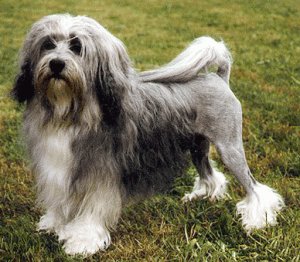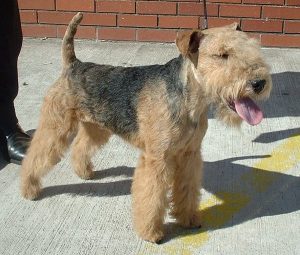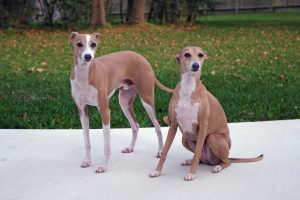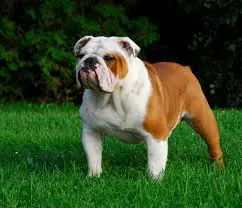Poodle, Miniature
Rescue a Miniature Poodle Adoption Love and Loyalty
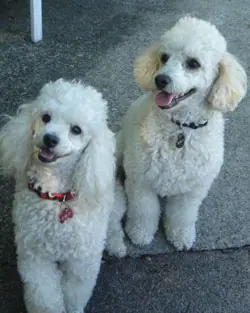
-
Breed Group : Non-Sporting
-
Origin : Germany
-
Average Height : 10" - 15"
-
Average Weight : 15 - 20 lbs.
-
Life Span : 12 - 18 years
Photo Courtesy of : Florida Poodle Rescue
-
Size
1 2 3 4 5 6 7 8 9 10 -
Energy
1 2 3 4 5 6 7 8 9 10 -
Intelligence
1 2 3 4 5 6 7 8 9 10 -
Ease of Training
1 2 3 4 5 6 7 8 9 10 -
Hypo-Allergenic
1 2 3 4 5 6 7 8 9 10 -
Shedding
1 2 3 4 5 6 7 8 9 10 -
Good with Kids
1 2 3 4 5 6 7 8 9 10 -
Good with Other Pets
1 2 3 4 5 6 7 8 9 10 -
Guard Dog
1 2 3 4 5 6 7 8 9 10




